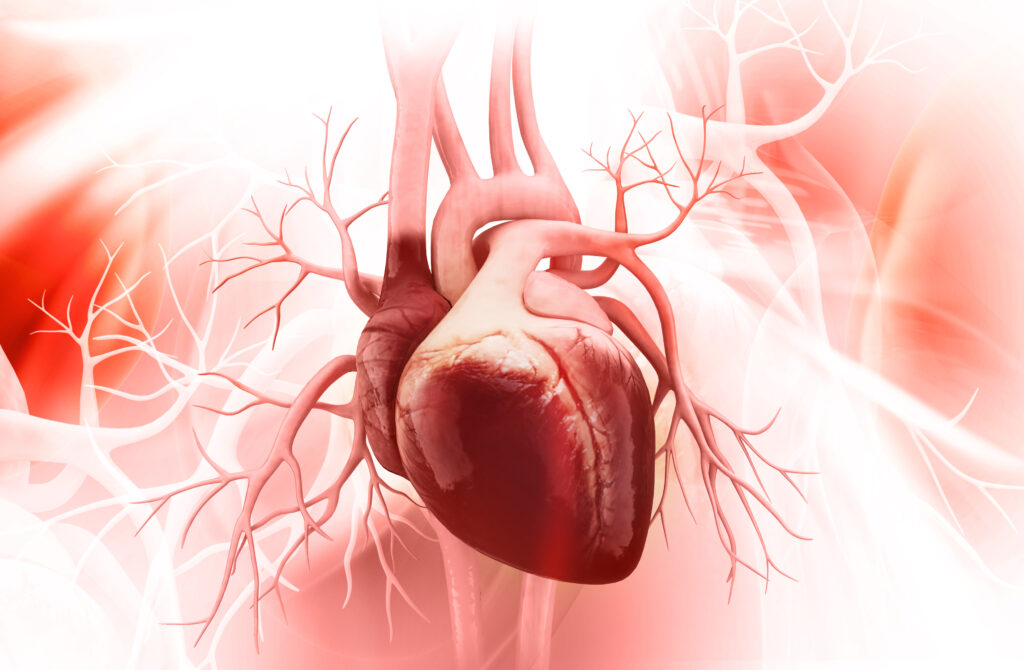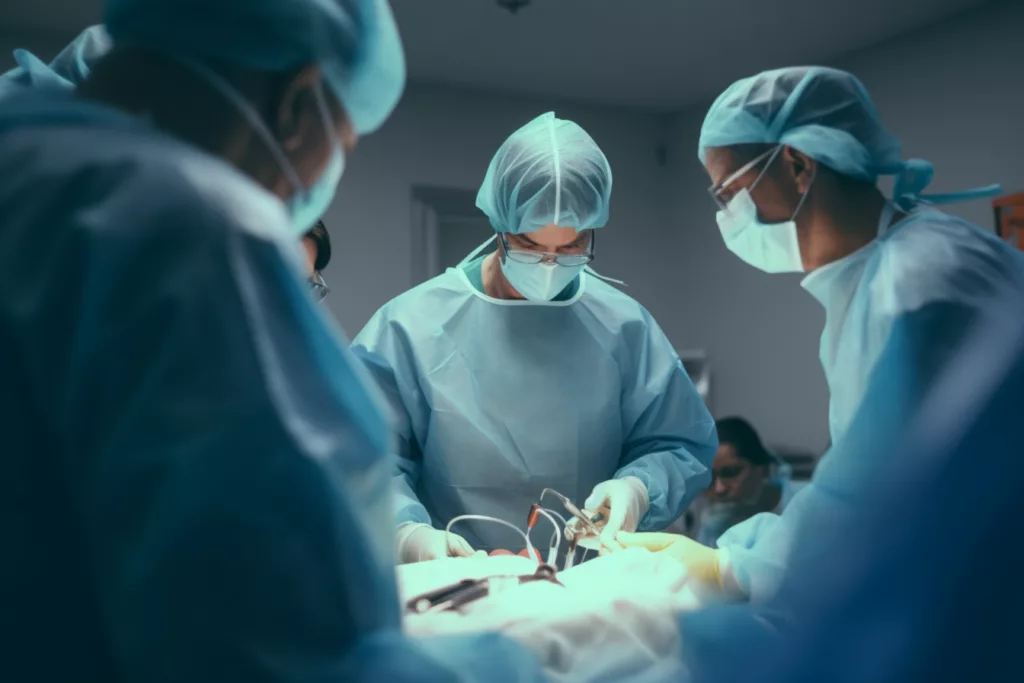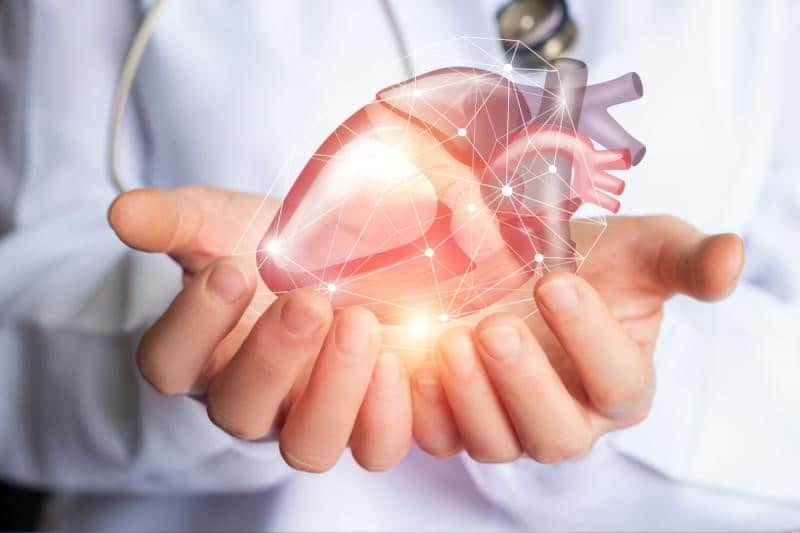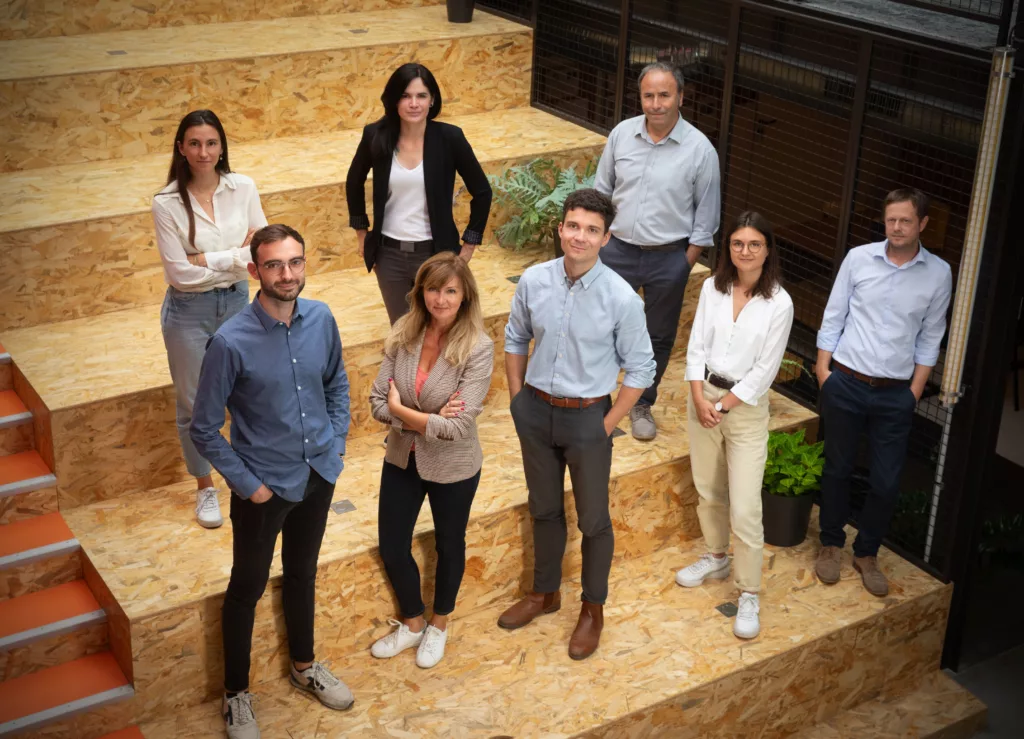Heart failure is still responsible for 1 in 5 deaths. Once established, this cardiovascular disease is irreversible and worsens. “Life expectancy at 5 years is 50%” (according to Institut Pasteur Lille). It represents a major challenge for global healthcare systems.
Heart failure, what's at stake ?
Heart failure affects more than 64 million lives. Here’s how to better understand the workings of this disease:
Mechanical stress on the heart muscle leads to muscle fatigue over time. Several diseases contribute to this, but the result is often the same: the heart loses some of its pumping capacity.
Severe heart failure is common in the elderly, but can also occur in much younger people. For example, Covid-19 has been shown to cause inflammation of the heart in people as young as 15.


What treatments are currently available ?
Depending on the cause, medication can help the heart regain its strength in the vast majority of patients, but modern cardiology is increasingly faced with severe cases where the only remedy is to support the pumping function with a mechanical device. If heart failure is severe, only a heart transplant can offer hope.
Despite information campaigns on organ donation, there is still a reluctance to make this “last gift”, and as a result heart transplantation covers only 3% of needs. What’s more, the transplant recipient remains dependent on a powerful drug treatment for life.
The total artificial heart : a concrete technological alternative
Various mechanical circulatory systems are available to support the failing heart, either until recovery (quite rare), or as a transition strategy to heart transplantation.
Until a few years ago, the patient remained hospitalized and connected to a heavy machine. While miniaturization has made some systems portable, one problem remains: the batteries are outside the body, and there is at least one cable running through the skin for the system to connect to the power source. While these pumps offer patients a certain quality of life, they require a great deal of instruction.


A new generation of artificial heart is being developed. The total artificial heart goes beyond simple mechanics, as it will mimic the rhythm and function of the natural heart by integrating sophisticated biomimetic components, offering a sustainable, high-stakes solution. The device also promises a significant improvement in quality of life for patients suffering from severe heart failure.
Its many benefits could redefine the standards of heart failure treatment. Today, investment in this medical technology will exceed $2 billion by 2025, heralding a promising future.

The artificial heart from Procope Medicals
Since 2018, we have been designing this new generation of artificial heart in collaboration with cardiac surgeons, and we aspire to develop a device that is fully implantable and compatible with all patient morphologies.
Stay informed and follow our news on our Linkedin page : https://www.linkedin.com/company/procope-medicals/
Source : https://www.verve.vc/blog/interview-thierry-carrel-fineheart/
